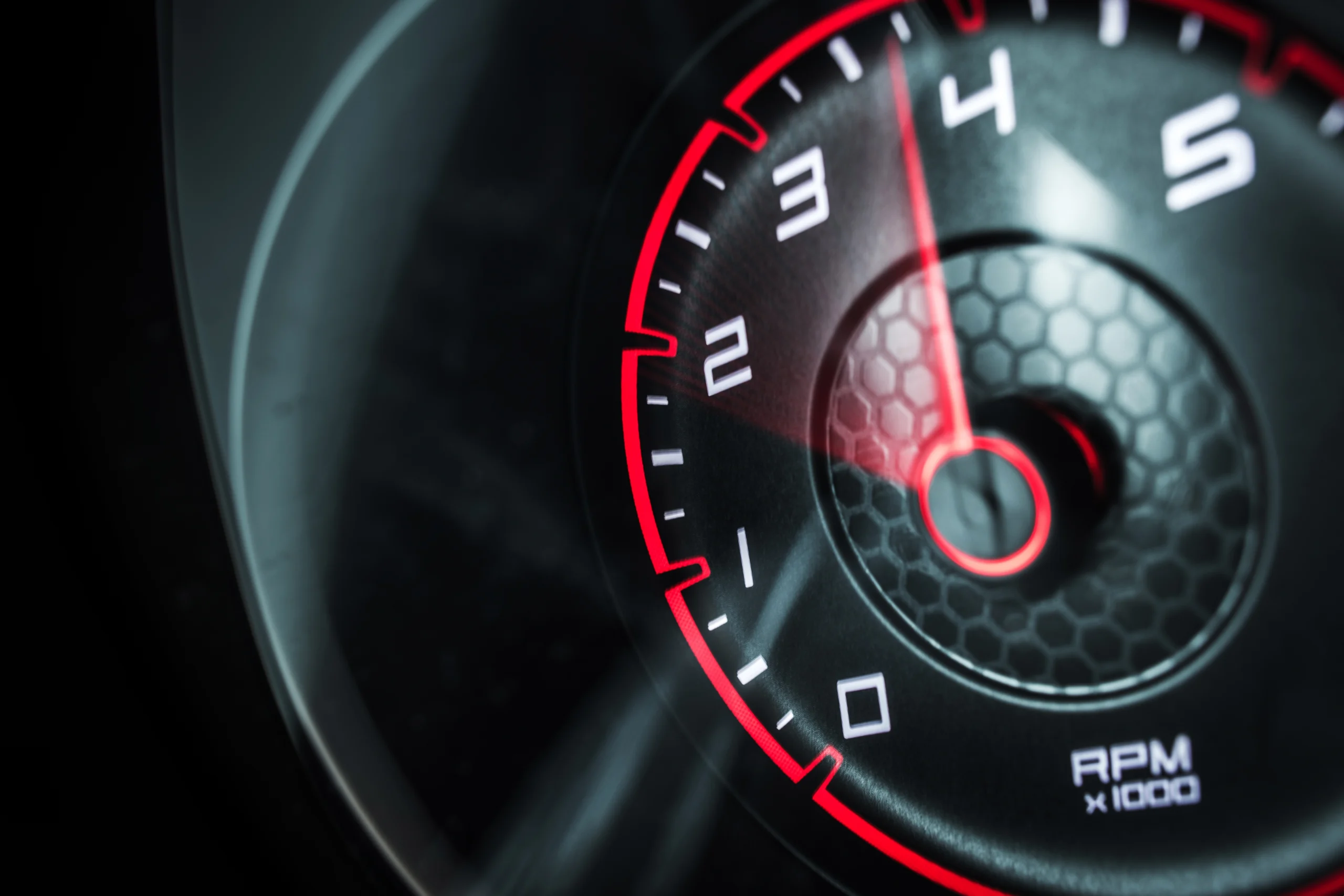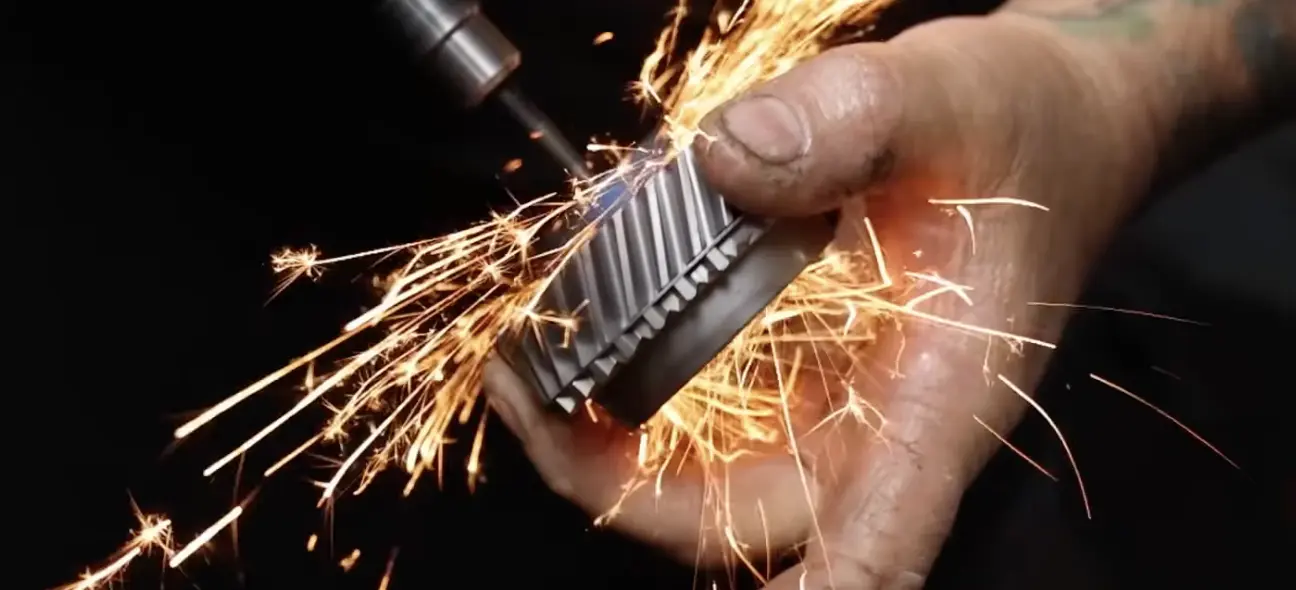Maintaining your vehicle is not just about ensuring it runs smoothly today, but also about securing its reliability and performance in the future. Regular car maintenance is crucial as it directly impacts the vehicle’s operation and longevity. Regular check-ups and timely interventions can prevent minor issues from escalating into costly repairs. By adhering to a maintenance schedule, you ensure that all critical vehicle systems function optimally, which helps maintain the car’s value and extends its lifespan on the road.

Proper vehicle maintenance has a profound effect on both the performance and longevity of your car. When maintenance is overlooked, it can lead to decreased vehicle performance, higher fuel consumption, and increased wear and tear. Regular maintenance checks, such as oil changes, tire rotations, and brake inspections, not only enhance the overall performance but also contribute to the vehicle longevity. These practices ensure that each component of your vehicle is operating efficiently, thus avoiding the strain that can cause premature breakdowns and extend the life of your car.
Essential Routine Maintenance for Your Vehicle
Regular Inspections and Timely Oil Changes

One of the foundations of vehicle maintenance is the commitment to regular inspections and timely oil changes. Oil is the lifeblood of your car’s engine, providing necessary lubrication to reduce friction and wear on moving parts. Over time, oil breaks down and accumulates contaminants, which can decrease engine efficiency and lead to premature wear. Regular oil changes, typically every 3,000 to 5,000 miles depending on the vehicle and oil type, ensure that your engine operates at peak efficiency. During these regular inspections, mechanics also look for signs of potential issues in other components, allowing for proactive repairs that can prevent larger problems down the line.
Replacing Air Filters for Optimal Engine Function
Air filters are crucial for maintaining clean airflow in your engine. A clogged air filter can reduce the engine’s air intake, leading to increased fuel consumption and reduced power output. Replacing your car’s air filter is a simple yet effective way to maintain engine care. A clean filter ensures that your engine receives plenty of clean air, which is vital for the combustion process that powers your car. Regularly replacing the air filter can improve acceleration, enhance fuel efficiency, and help prevent engine contaminants that could lead to costly repairs.
Checking Fluid Levels and Replacing Fluids
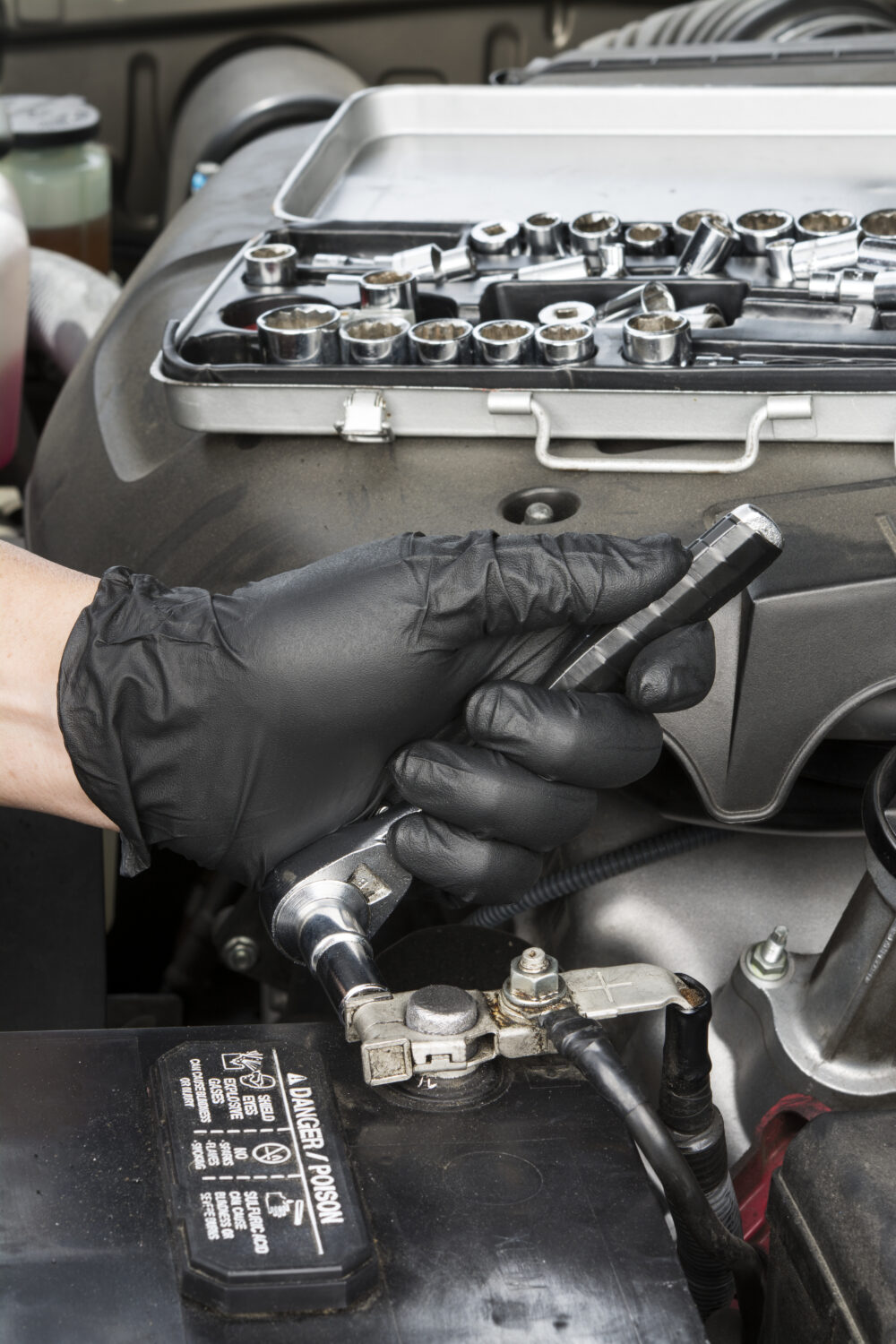
Fluids are integral to the proper functioning of various car systems. Beyond engine oil, your vehicle relies on transmission fluid, coolant, brake fluid, and power steering fluid, among others. Each of these plays a critical role in ensuring safe and efficient vehicle operations. For instance, coolant helps regulate engine temperature, preventing overheating, while brake fluid is crucial for proper brake function. Regular checks and timely replacement of these fluids ensure that your vehicle remains in top working condition, helping to avoid overheating, transmission failures, or brake malfunctions that could jeopardize your safety.
Importance of Following Your Vehicle’s Service Schedule
Every vehicle comes with a manufacturer-recommended service schedule, designed specifically to keep it running reliably. Adhering to this schedule is one of the best vehicle maintenance practices. It outlines when each type of maintenance task should be performed, based on mileage or time intervals. Following this schedule helps ensure that all critical vehicle components are serviced at the appropriate times, thus maintaining optimal performance and extending the vehicle’s lifespan. Ignoring these recommendations can lead to significant damage and reduced vehicle performance, potentially resulting in expensive repairs and a decrease in the overall value of your car.
Engine Care Tips for Enhanced Performance
Using High-Quality Motor Oil and Additives
To ensure optimal engine performance and longevity, using high-quality motor oil and the appropriate additives is crucial. These substances play a pivotal role in reducing engine wear by providing a strong lubricative barrier between moving parts, which significantly reduces friction and wear over time. High-quality oils are specifically formulated to maintain their viscosity and effectiveness under a range of temperatures and stress conditions, ensuring that the engine operates smoothly. Additives, on the other hand, can enhance oil performance by cleaning engine deposits, protecting against rust, and improving seal performance, all of which contribute to maintaining engine health.
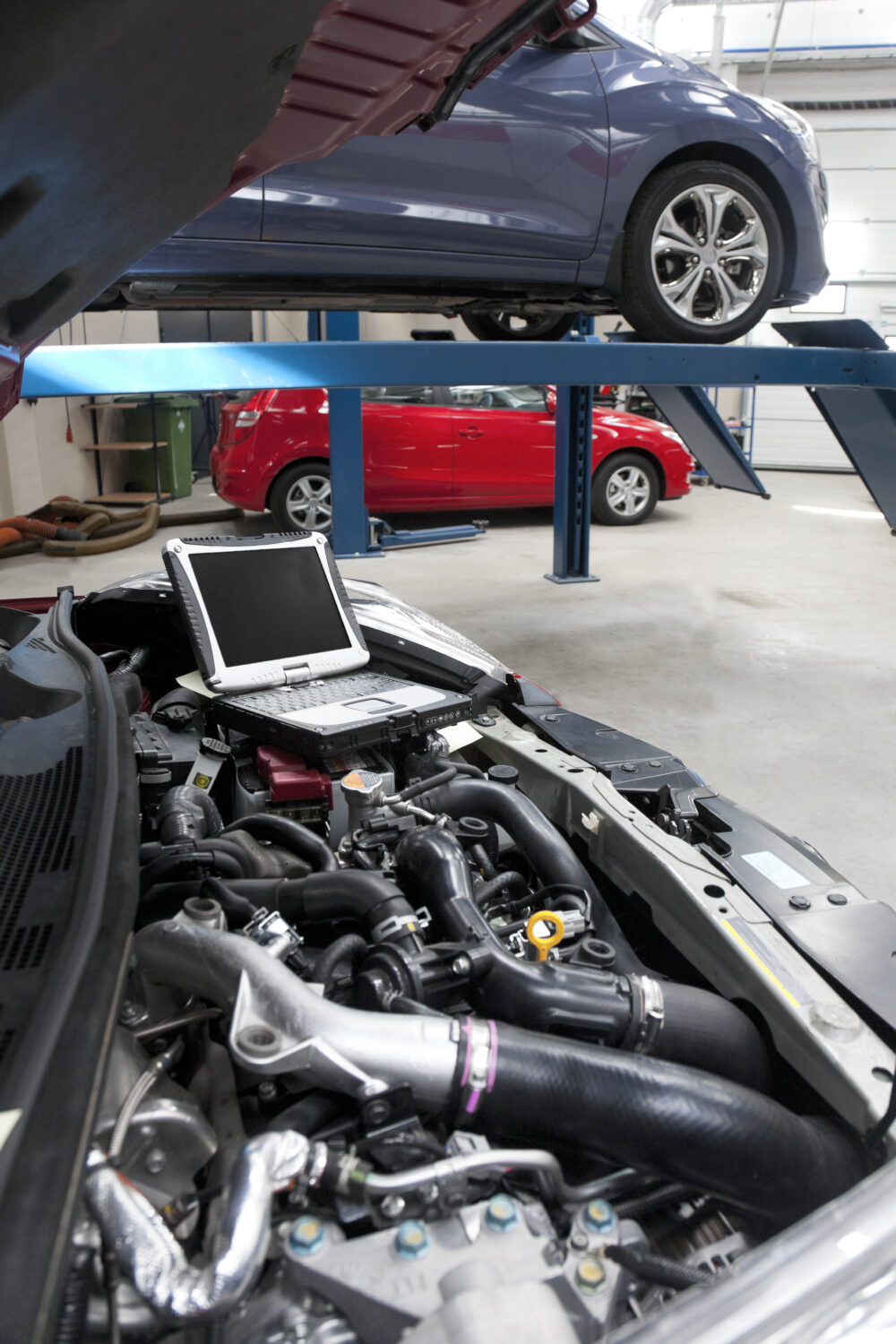
Maintaining the Cooling System
The engine cooling system is vital for regulating your engine’s temperature and preventing overheating, which is crucial for maintaining engine health. This system circulates coolant between the engine and the radiator, absorbing heat and dissipating it through the radiator fins. Over time, the coolant’s ability to absorb heat can diminish, which is why it’s important to replace the coolant according to the manufacturer’s guidelines. Regularly checking the coolant level and ensuring that the radiator, hoses, and pumps are in good condition can prevent serious issues like engine overheating, which can lead to engine failure.
Ensuring Proper Function of Spark Plugs and Belts
Spark plugs and belts are small but essential parts of an engine that significantly affect its performance. Spark plugs initiate the combustion process by igniting the air/fuel mixture in the engine’s cylinders, and worn spark plugs can result in misfiring, reduced fuel efficiency, and increased emissions. Similarly, belts drive crucial components such as the alternator, air conditioner, and water pump. Worn or damaged belts can lead to mechanical failures and breakdowns. Regular inspections and timely replacement of these components ensure that the engine runs efficiently and reliably.

Checking the Exhaust System for Performance Issues
Maintaining the exhaust system is crucial for the safety and performance of your vehicle. This system is not only essential for directing harmful emissions away from the engine and passenger cabin but also plays a significant role in optimizing your car’s overall efficiency. Regular monitoring and maintenance of the exhaust system can prevent a range of issues that might affect the vehicle’s performance and the health of its occupants.
- Leak Detection: Regularly inspecting the exhaust system for leaks is crucial, as these can lead to a decrease in car performance maintenance and an increase in hazardous emissions. Identifying and repairing leaks promptly ensures that the engine operates efficiently and safely.
- Blockage Checks: Blockages in the exhaust system can significantly impair engine performance by restricting the flow of exhaust gases. Checking for and clearing blockages helps maintain optimal engine output and fuel efficiency.
- Rust and Damage Inspections: The integrity of the exhaust system can be compromised by rust and physical damage, which are common given its exposure to high temperatures and environmental elements. Regular inspections can detect such issues early before they lead to more serious problems.
- Connection Security: Ensuring that all connections within the exhaust system are secure is vital for maintaining its structural integrity and operational efficiency. Loose connections can lead to leaks and reduce the effectiveness of the exhaust system.
- Component Replacement: Faulty components within the exhaust system, such as the catalytic converter or muffler, can degrade its performance and safety. Replacing these components when they fail or show signs of wear is essential for maintaining the system’s efficiency and compliance with emission regulations.
Regular maintenance of the exhaust system not only supports your vehicle’s performance but also contributes to environmental safety by ensuring emissions are within acceptable standards. This proactive approach to vehicle care ensures that the exhaust system functions effectively, supporting both the longevity of your vehicle and the safety of its environment.
Improving Fuel Efficiency for Better Performance
Maintaining Correct Tire Pressure
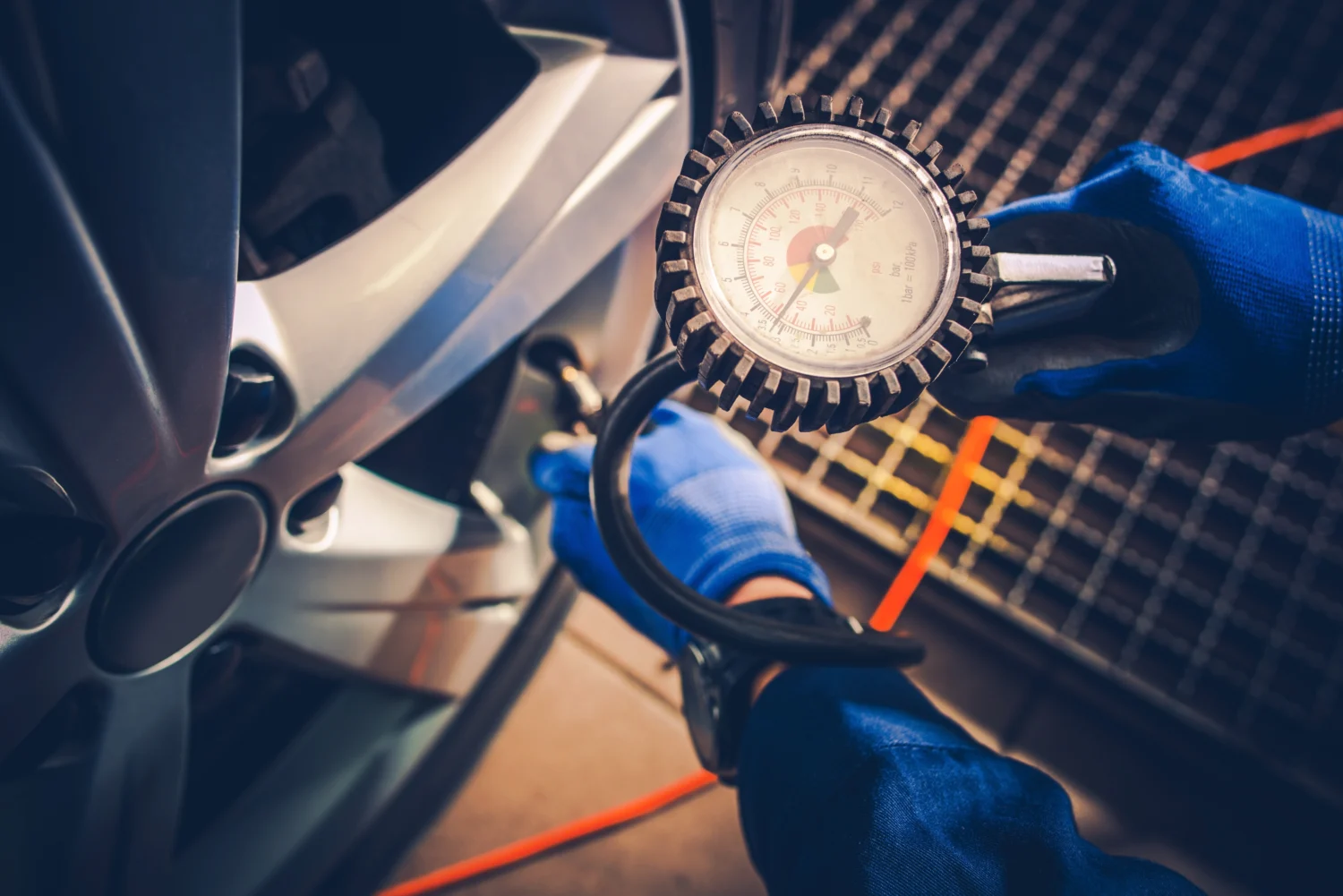
One of the simplest yet most effective ways to enhance your vehicle’s fuel efficiency is by maintaining the correct tire pressure. Tires that are not properly inflated create more resistance as they travel on the road, which means your engine has to work harder to move your vehicle forward, using more fuel in the process. By keeping your tires inflated to the manufacturer’s recommended levels, you can minimize this resistance, leading to noticeable improvements in car fuel efficiency. Regularly checking your tire pressure, especially before long trips or when there are significant temperature fluctuations, can help you maintain optimal fuel efficiency.
Reducing Excess Vehicle Weight
The weight of your vehicle has a direct impact on its fuel consumption. The heavier the vehicle, the more energy it requires to move, which can significantly lower its fuel efficiency. Removing unnecessary items from your car—such as heavy cargo that is not needed for daily travel—can reduce the overall weight and subsequently improve your car performance maintenance. This is particularly useful for smaller vehicles where even a small reduction in weight can make a substantial difference in the amount of fuel used over time.
Driving at Consistent Speeds
Fuel efficiency can also be maximized by maintaining consistent speeds, especially when driving on highways. Frequent acceleration and deceleration can increase fuel consumption because they require the engine to adjust rapidly, which consumes more fuel. Using cruise control on highways can help maintain a steady speed, thereby optimizing fuel use and improving vehicle performance. This practice not only conserves fuel but also helps in reducing engine wear over time, contributing to longer engine life.
Choosing Fuel-Efficient Driving Habits
Adopting fuel-efficient driving habits is key to enhancing your vehicle’s performance while maximizing its fuel efficiency. These practices not only help in reducing fuel consumption but also contribute significantly to the longevity and reliability of your vehicle. By integrating mindful driving techniques, you can achieve a smoother ride, reduce engine stress, and lower the overall maintenance costs.
- Gradual Acceleration: Avoid rapid starts by gently increasing your speed. This method is much less taxing on the engine and uses fuel more efficiently compared to sudden acceleration, which consumes a high amount of fuel and causes excessive wear.
- Maintaining Moderate Speeds: Driving at excessively high speeds increases wind resistance, which can significantly decrease fuel efficiency. Keeping your speed within the posted limits not only conserves fuel but also adheres to safer driving practices.
- Anticipating Traffic Changes: By looking ahead and anticipating traffic conditions, you can avoid unnecessary stops and starts, which consume more fuel. Keeping a steady pace as traffic allows reduces the frequent need to brake and accelerate.
- Using Cruise Control: On long stretches of road, using cruise control can help maintain a consistent speed, thereby optimizing fuel use and reducing the need for constant pedal adjustments.
- Avoiding Prolonged Idling: Idling for long periods can waste a considerable amount of fuel. Turning off the engine when waiting for extended times can lead to significant fuel savings over time.

By implementing these fuel-efficient driving habits, you can significantly improve your vehicle’s fuel economy and operational health. These practices not only contribute to environmental sustainability by reducing emissions but also extend the operational life of your vehicle, ensuring it remains efficient and reliable for years to come.
Tire and Brake Maintenance for Safety and Performance
Importance of Proper Tire Inflation
Proper tire inflation is critical not only for the safety of your vehicle but also for its performance and efficiency. Tires that are under-inflated create more rolling resistance, which means the engine must work harder to move the vehicle, leading to increased fuel consumption and reduced car fuel efficiency. Moreover, under-inflated tires wear out more quickly and unevenly, compromising the vehicle’s handling and increasing the risk of tire failure. Conversely, over-inflated tires can reduce the tire’s contact with the road, leading to decreased traction and a harsher ride. Maintaining the recommended tire pressure ensures optimal tire performance, enhances safety, and conserves fuel.
Tire Rotation and Alignment for Even Wear
Regular tire rotation and proper alignment are essential for extending the life of your tires and maintaining vehicle stability. Rotation involves changing the tires’ position on the vehicle to promote even wear, which helps maintain the handling characteristics and prolongs the usability of the tires. Alignment, on the other hand, ensures that the vehicle’s wheels are set to the angles recommended by the manufacturer, which helps prevent uneven wear on the tires and can improve the handling and safety of the vehicle. These adjustments are vital for preserving the tires’ condition and can significantly impact the overall extending car lifespan by ensuring that the vehicle remains stable and responsive.
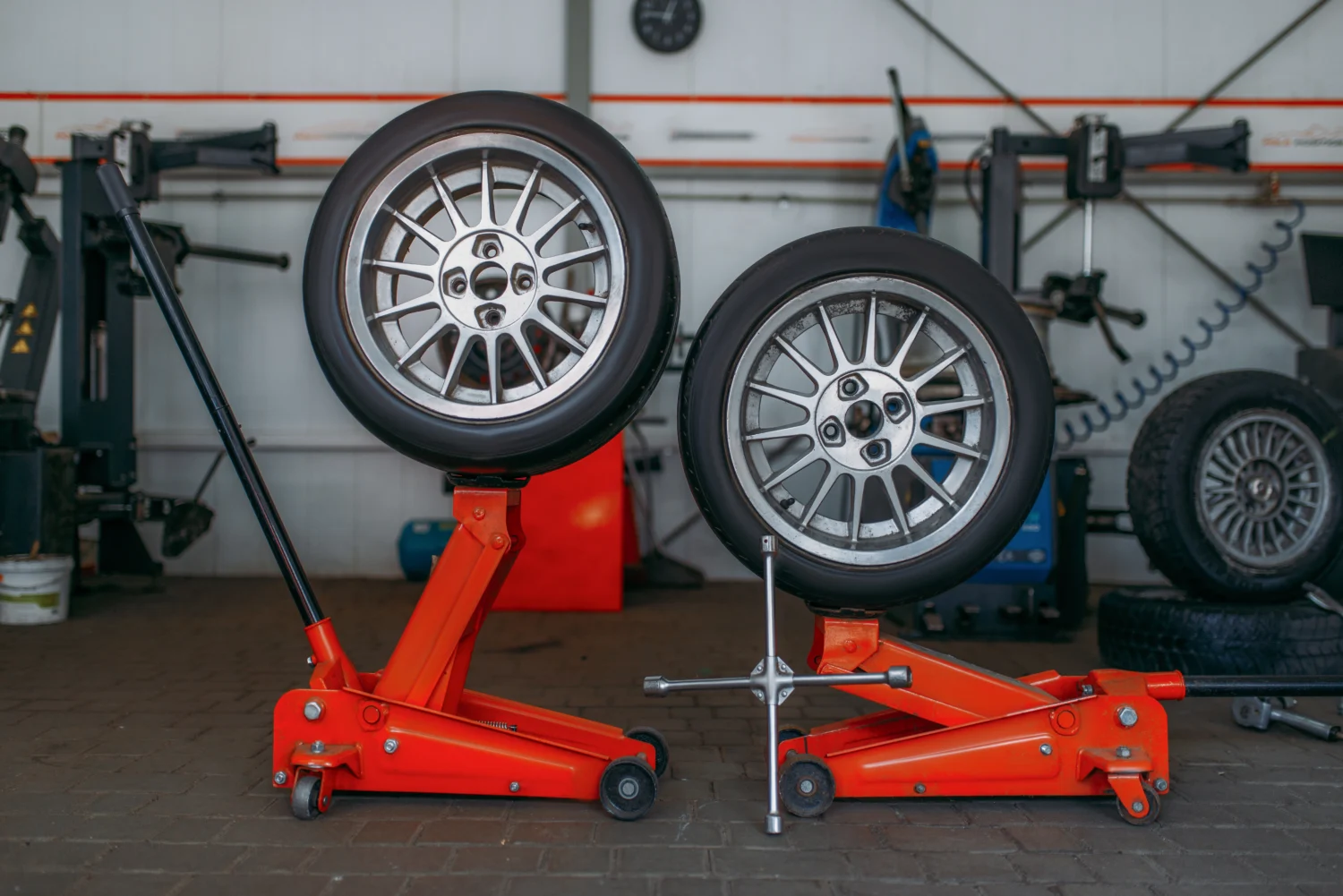
Regular Brake Inspections and Maintenance
Effective braking systems are paramount for the safety of any vehicle. Regular brake inspections are necessary to assess the condition of the brake pads, rotors, and fluid. Worn brake pads or degraded brake fluid can lead to reduced braking efficiency, increased stopping distances, and a higher risk of accidents. During maintenance, components that are worn or faulty can be replaced before they cause brake failure. Maintaining the brakes not only ensures the safety of the vehicle’s occupants but also contributes to improving vehicle performance by allowing for precise speed control and handling.
Replacing Worn Tires for Optimal Handling
Tire condition significantly affects a vehicle’s handling and safety. Worn tires provide less grip, especially in adverse weather conditions, leading to increased braking distances and a higher likelihood of losing control. Monitoring tire tread depth is essential; tires should be replaced before they reach the legal wear limit to ensure maximum traction and handling. New tires can dramatically improve a vehicle’s responsiveness, stability during maneuvers, and safety. Investing in quality tires and replacing them at appropriate intervals is a crucial aspect of vehicle longevity tips that can enhance both performance and safety.

The meticulous care and maintenance of your vehicle are fundamental to ensuring its long-term performance and reliability. Adhering to vehicle maintenance tips and prioritizing regular check-ups, from tire and brake maintenance to engine care tips, can vastly enhance the operational lifespan and efficiency of your vehicle. Each element of vehicle maintenance plays a crucial role in not only preserving the mechanical integrity of your car but also in optimizing its performance and safety features.
Remember, a well-maintained vehicle reflects not only on its capability to perform under various conditions but also on your commitment to road safety and vehicular dependability. Embracing these maintenance routines will undoubtedly extend the life of your vehicle and enhance your overall driving experience, making every journey safe and enjoyable.
